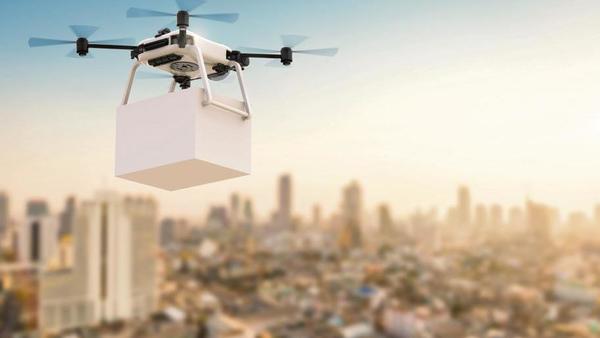
NCAA, ONSA insist on safety and security first
Operators of unmanned aerial vehicles, also called drones, have faulted regulatory restrictions by state agencies, describing the actions as unnecessary bottleneck to the growth of such technology in Nigeria.
The alleged restrictions, in the form of lengthy registration procedure, licensing and clearance hurdles before multiple agencies, have allegedly fettered potential operators from deploying drones for commercial operations.
The stakeholders, at the Remotely Piloted Aircraft Awareness Symposium in Lagos, yesterday, however, appealed to concerned regulatory bodies like the Nigerian Civil Aviation Authority (NCAA) and Office of the National Security Adviser (ONSA) to harmonise the regulatory requirements to quicken the processes.
Colonel Kunle Owolabi of the ONSA earlier explained that drones, though a very useful technology was still new to Nigeria, and its approvals required a lot of caution on the part of the authorities.
Owolabi observed that the insurgents in the North-eastern part of the country had lately deployed drones, which further put security agencies on their toes, and the clampdown on drone operators without the end-user certificate.
“In as much as we encourage the use of drones for commercial purposes, we are also concerned about security. We don’t have the technology to control illegal drones yet, but we can prevent them from flying or entry through the borders. We are aware of the pressure from operators, but profiling and approval take some time,” he said.
The Director of General Aviation at the NCAA, Capt. Ayodele Sasegbon, said safety remains the top priority, and as many operators that apply and meet the conditions, would get the NCAA’s approval.
Sasegbon said they were not unaware of the evolving technology, and they were moving in quickly to properly regulate its use in Nigeria coupled with new regulations.
He categorised drones into two types: the common drones often used in the coverage of public events and more advanced multipurpose drones often deployed by certified companies. While the former requires minimal level of authorisation, the latter must be certified, have licensed pilots, remote pilot stations, and the drones operating at the level of manned aircraft.
A drone operator in Austria, Capt. Adebiyi, said there was no basis for the current “over-regulation” of drones in Nigeria when other countries had liberalised its usage.
Adebiyi recalled that he got approval to fly drones in Austria within three days.
“Why is it different in Nigeria, when I am not a security risk? In Austria, the approval of operators had been given to a body and not the business of the national security adviser. I see no reason why the same responsibility and powers cannot be given to the Nigeria Unmanned Systems and Robotics Association (NUSA) to give approvals.
“I can from Cotonu, power a drone to fly all over Nigeria without anyone noticing it. We (operators) are the ones that know about drones not the regulators. So, why are they just complicating things as if to delay its growth? The drone I bought is already a museum piece elsewhere,” he said.
Apparently in agreement with Odebiyi, another operator, Val Hosea, disagreed that there were no drone control measures yet to check illegal users.
Hosea said what was lacking in Nigeria is the aggressive deployment of the control measures to check the bad guys.
“The fact is that the technology will continue to evolve in exponential steps, and unless we allow the usage of it, we will be stunting our industries. Anti-drone technologies are available. The bad guys don’t need anybody’s approval but the good ones that are seeking approval need it to do business. We cannot stop using the technology because of the fear of bomb. We are lagging behind and Nigeria should not be coming last all the time.”
President of NUSA, Air Vice Marshall Olufemi Idowu (rtd), said the concerns notwithstanding, safety remains the critical component of the industry and every operator must abide by the guidelines.
Idowu said the minimum required of all worldwide is to register the drone, depending on the line of operation. “It is in the registration process that you are educated about you responsibilities as an operator or user.”



